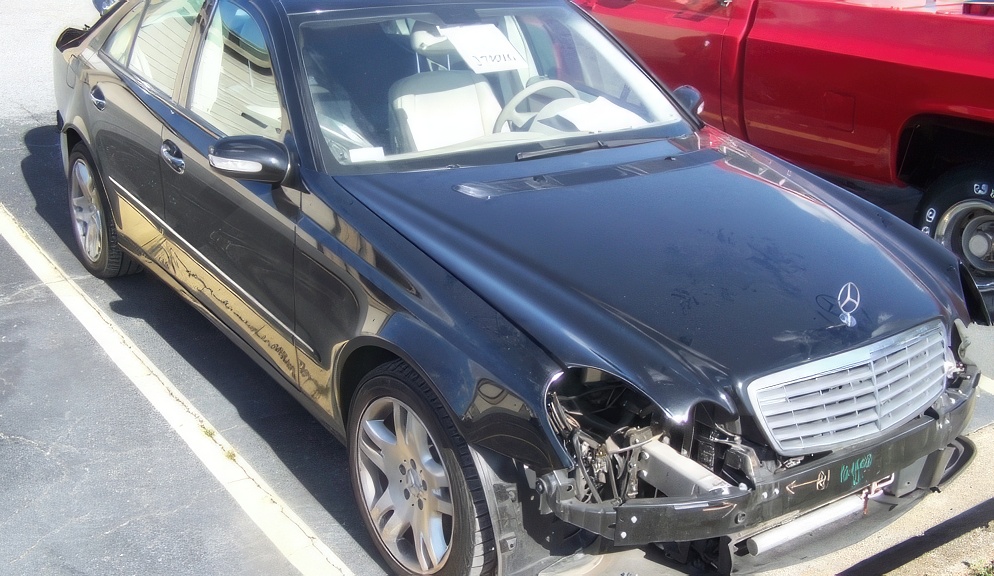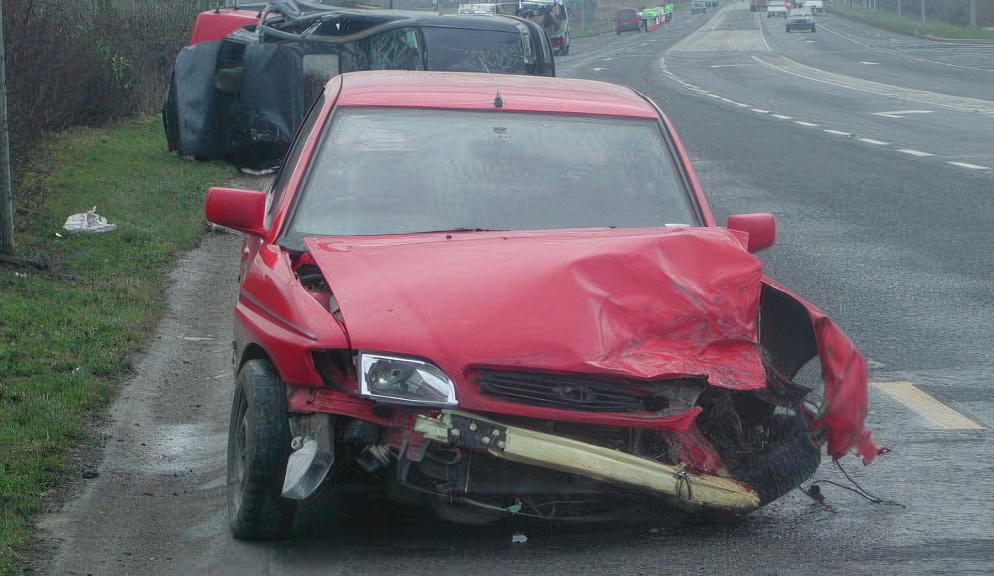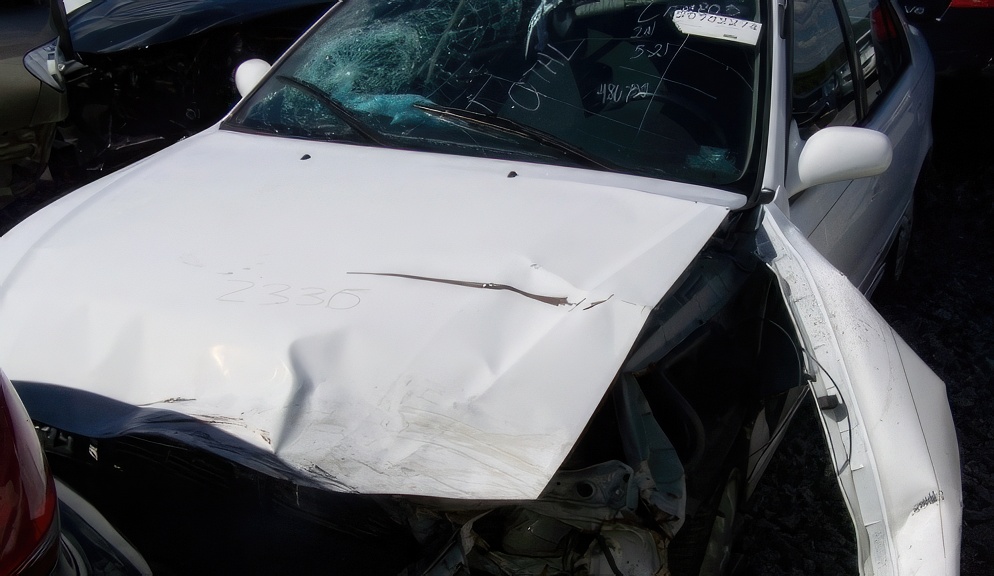Introduction to Diminished Value in Auto Insurance

Understanding who is responsible for covering the diminished value after a vehicle has been in an accident is a crucial aspect of auto insurance. Diminished value refers to the loss in a vehicle’s market value following an accident and subsequent repairs. This reduction in value can be significant, affecting the vehicle’s resale and trade-in value. For car owners, grasping this concept is vital because it directly impacts the potential financial recovery following an accident.
Knowing who pays for this loss is important for effectively managing insurance claims and securing fair compensation. It involves navigating through insurance policies and understanding the intricacies of insurance claims.
This article aims to shed light on the typical process and considerations involved in identifying the party responsible for paying the diminished value. Additionally, we will cover the impact of diminished value on insurance and resale.
Identifying the Responsible Party
In most cases, the insurance company of the at-fault driver is typically responsible for compensating the diminished value. This is based on the principle that the party responsible for the damage should also be responsible for the financial consequences of their actions. However, the process is not always straightforward. It can be complicated in situations where fault is shared between parties or in no-fault states, where each party’s insurance covers their own losses.
In scenarios where fault is not clearly established or in cases involving multiple parties, determining who pays for diminished value can become more complex. In these instances, each involved insurance company may have differing assessments of liability, leading to potential disputes or prolonged negotiations. This underscores the importance of having a clear and documented account of the accident, as well as an understanding of each party’s insurance coverage and liability.
In these scenarios, car owners must understand their insurance policy details and state laws. They may need to work closely with their insurance provider or a legal advisor to navigate the process. Understanding the nuances of your policy, such as whether it includes coverage for diminished value, is an essential first step.
Impact of State Laws and Regulations
State laws play a significant role in how diminished value claims are handled. These laws determine factors like eligibility for filing these claims, the process for doing so, and any limitations on compensation. In some states, laws are more favorable to claimants, while in others, they may be more restrictive.
Additionally, legal precedents within a state can affect how insurance companies assess and handle diminished value claims. Therefore, understanding the specific laws and legal framework in your state is key to effectively pursuing a claim. Car owners should research or consult with a legal expert to ensure they are fully informed about their state’s specific regulations.
The Claim Filing Process
Filing a diminished value claim usually starts with obtaining a professional appraisal of the vehicle. This appraisal is essential in establishing the loss in value due to the accident. Along with this, you need to gather documentation of repairs, the accident report, and any other evidence that supports the claim. This collection of documents serves as the foundation for your case.
When presenting this claim to the insurance company, be prepared for initial resistance or lower offers than expected. Successful negotiation involves a well-documented and reasoned case that accurately reflects the diminished value of your vehicle. It’s crucial to be persistent and clear in communicating the justification for your claim’s value.
Negotiation and Legal Assistance
Negotiating with insurance companies over diminished value claims can be challenging. If initial negotiations don’t lead to a satisfactory outcome, especially in cases involving significant amounts, seeking legal assistance may be beneficial. An attorney specializing in auto insurance law and diminished value claims can provide guidance and representation, helping you navigate complex legal issues and ensuring fair compensation.
Legal professionals can help articulate the claim’s merits and negotiate more effectively with insurance companies. They understand the tactics insurance companies might use to minimize payouts and can counter these effectively. Their involvement can be instrumental in securing a fair settlement that accurately reflects the diminished value of the vehicle.
Ensuring Fair Compensation
Being informed about diminished value claims, understanding your state’s laws, and knowing your insurance coverage details are essential for any car owner. Successfully navigating a diminished value claim can lead to fair compensation, which is critical in preserving the value of your vehicle. Whether through informed negotiation or legal assistance, understanding and navigating these claims is key to protecting your automotive investment. Being proactive and well-informed is not only beneficial for current situations but also prepares you for potential future incidents, ensuring you are equipped to handle them effectively.





